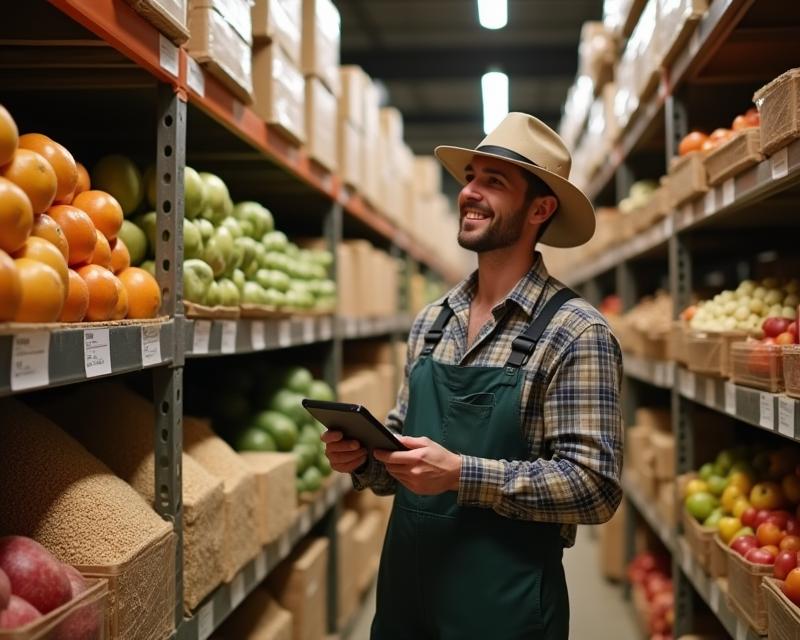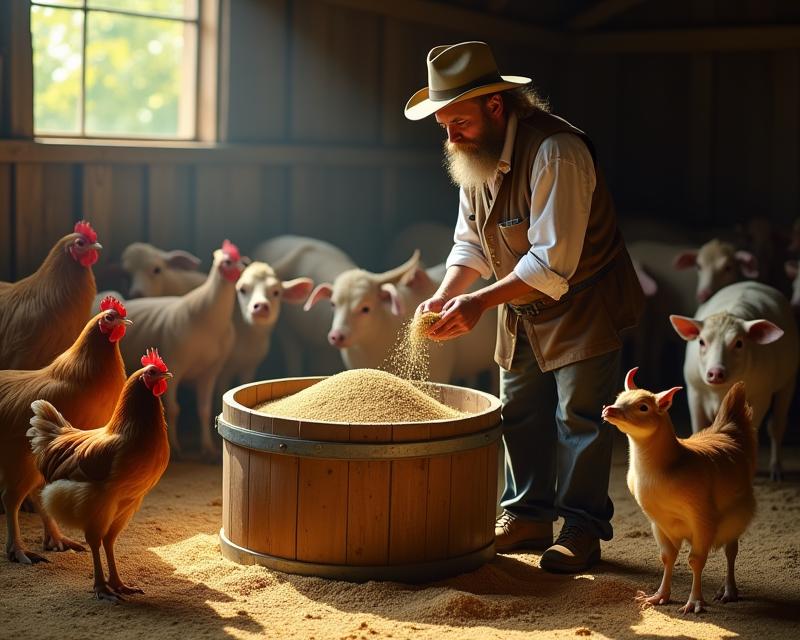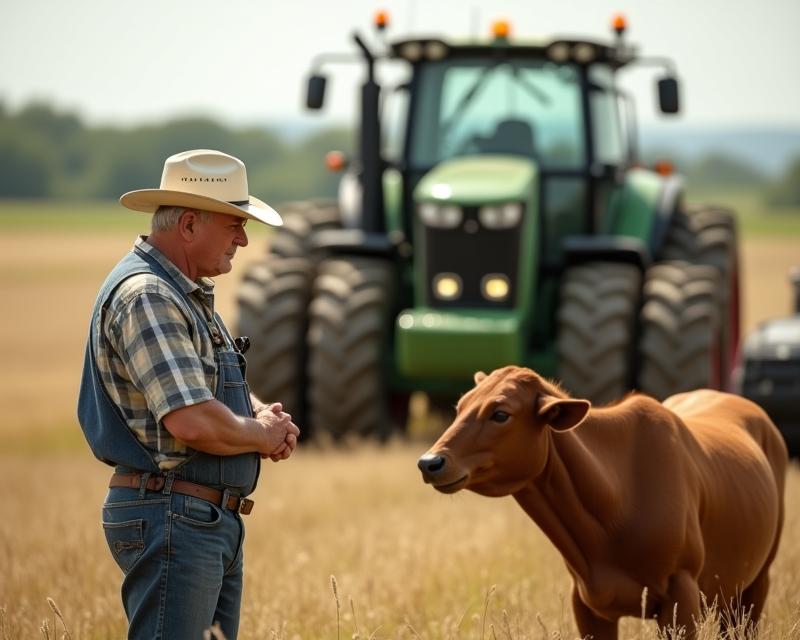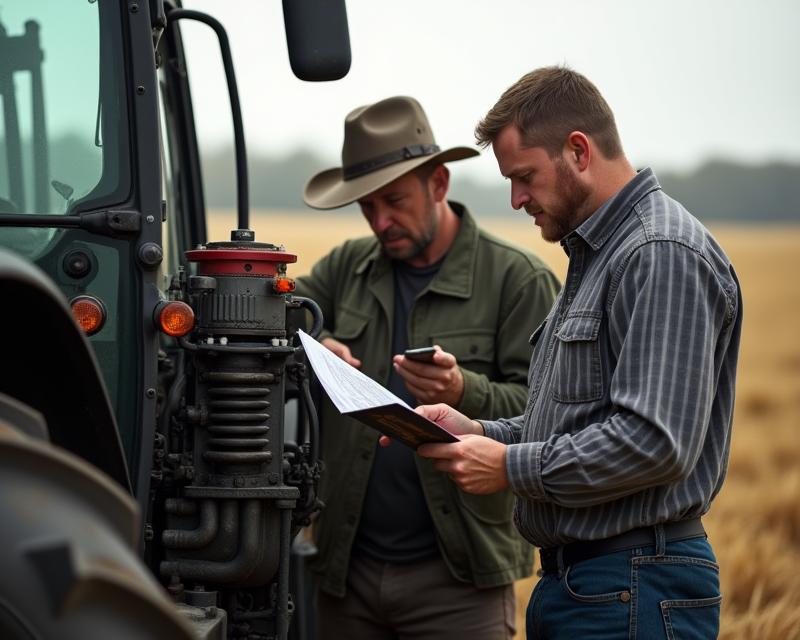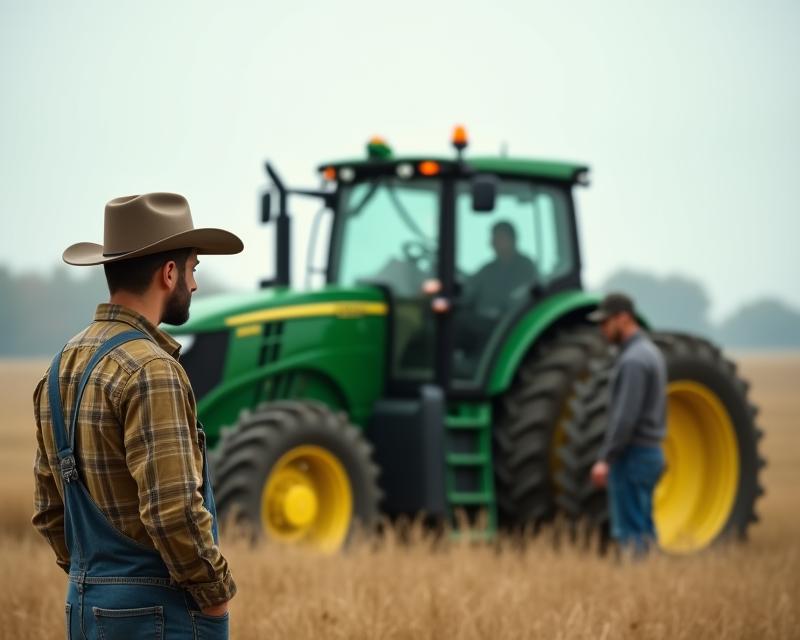Why Some Farmers Skip Western Machinery
Publish in Farm Business el 23/07/2025 16:40
Why Some Farmers Skip Western Machinery
For farmers in developing countries, the world of farming equipment can be a complex one. While Western-branded machinery often gets a lot of attention, many growers are choosing to stick with alternatives, and for good reason. It's not always about being against the big names; often, it boils down to practicality, cost, and a better fit for local conditions.
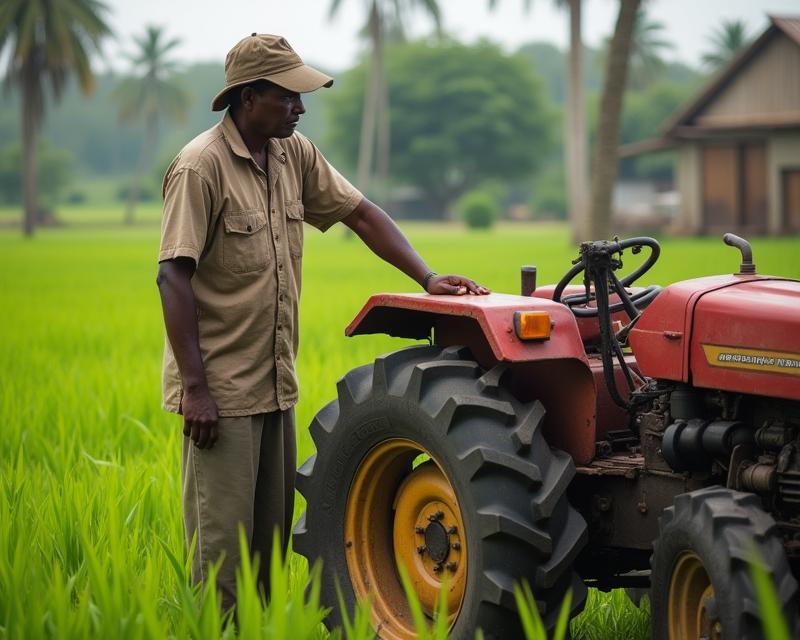
One of the biggest factors is price. Western machinery, while known for its reliability, can be significantly more expensive than locally manufactured or imported options. The cost of importing, tariffs, and ongoing maintenance can quickly add up. Many farmers simply can't afford the initial investment, especially when starting out or operating on a tight budget. This price difference can be a major barrier to entry and sustainable farming practices.
Beyond cost, suitability for local conditions is a key consideration. Western machinery is often designed for larger-scale, more uniform farming operations. In many developing countries, farms are smaller, fields are less regular, and the types of crops grown are different. Machines designed for vast, flat fields might be cumbersome and inefficient on smaller, uneven terrain. Furthermore, parts availability and service can be a challenge with Western brands in remote areas. Finding qualified technicians and getting replacement parts can take a long time and be very costly, leading to extended downtime and lost productivity.
Importers and users of these alternative machines often have a very positive view. They appreciate the affordability, durability (in many cases), and the fact that the equipment is often designed specifically for the challenges of their local environment. They value the local support networks that have developed around these brands, with readily available parts and skilled mechanics. While Western machinery might offer advanced technology, many farmers find that simpler, more robust alternatives provide a more practical and cost-effective solution for their needs. It’s a testament to the ingenuity and adaptability of farmers worldwide, who prioritize functionality and affordability over brand recognition.
Ultimately, the best machinery for a farm depends on a variety of factors. While Western brands have a strong reputation, there’s a growing recognition that there are many viable and effective alternatives available, especially for farmers in developing countries. The key is to carefully assess your needs, budget, and local conditions to make an informed decision.
